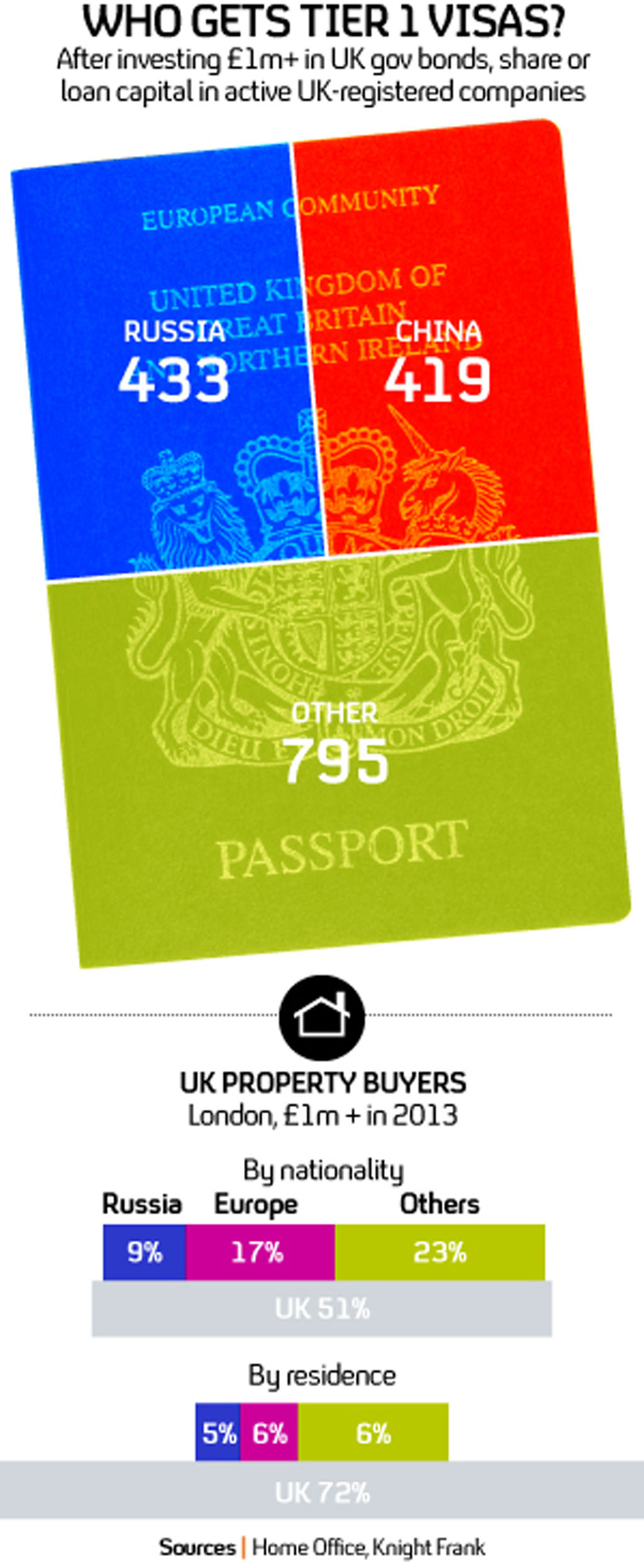Will sanctions against Russia hurt the UK economy?
William Hague says Britain will back sanctions despite the risks to the City. But has the importance of Russian money to the British economy been overstated?
Foreign Secretary William Hague has insisted that Britain backs the use of additional economic sanctions against Russia, despite the risk that the City of London could suffer as a result.
European Union foreign ministers have agreed to more asset freezes and travel bans aimed at leading Russian figures after pro-Moscow activists seized police stations and other buildings in eastern Ukraine.
The UK government’s appetite for more economic measures had been widely questioned after press photographers snapped a briefing paper in the hand of one of David Cameron’s national security advisor while he was on his way into a Downing Street meeting in March.
The paper said: “UK should not support for now, trade sanctions … or close London’s financial centre to Russians.”
But Mr Hague insisted Britain was fully behind plans to put economic pressure on Russia even if the measures hit the City of London, saying: “We are ready to play our part in that. The issues at stake here are of enormous importance.”
The presence of super-rich Russian oligarchs in London has earned the capital the nickname Moscow-on-Thames, but some analysts have queried the real importance of Russian money to the City.

How many oligarchs?
It is impossible to say how many ultra-rich Russians live in the capital, but Home Office figures show more than 400 wealthy individuals have been granted visas by the government over the last six years.
Some 433 wealthy Russians – more than any other nationality – were given Tier 1 (investment) visas between 2008 and 2013.
The visas allow individuals prepared to invest at least £1m in British government bonds or active UK-registered businesses to stay in the UK for three years and four months.
They also get a fast-track option to apply to settle in this country in as little as two years if they invest a further £9m.
Despite rumours of Russians buying very large numbers of properties in London, the estate agent Knight Frank has published figures showing that only 9.1 per cent of buyers of central London property costing more than £1m were born in Russia or the other CIS countries.
Only 4.9 per cent were resident in those countries.
How much Russian money flows into the UK?
The think-tank Open Europe collected some recent figures in an ad hoc analysis of Russia’s real importance to the UK economy.
Quoting Office for National Statistics figures, it put the stock of assets held by Russian investors in the UK at £27bn, a significant sum, but only 0.5 per cent of all European assets held here.
Official figures also suggest that fees brought in for services provided for Russian clients by lawyers, accountants and financial services firms, while significant, only accounted for 1 per cent of the City’s total income for 2012.
Open Europe notes that Germany, the Netherlands, Poland and even France have stronger trade links with Russia, and UK banks are less exposed to Russia than their counterparts in France, Italy or Germany.
UK petrochemicals giant BP has a 19.75 per cent stake in Russia’s biggest oil firm Rosneft.
Offsure?
All these facts come from official figures, but it would be naive to assume they tell the whole story.
Investments and money transfers can be made through shell companies and offshore trusts, which hide the identity of the real beneficiary.
Experts have long noted that huge amounts of money go in and out of the Russian economy through reputed tax havens and secrecy jurisdictions like Cyprus and the British Virgin Islands, making it difficult to trace the true size of Russian investment in Britain.